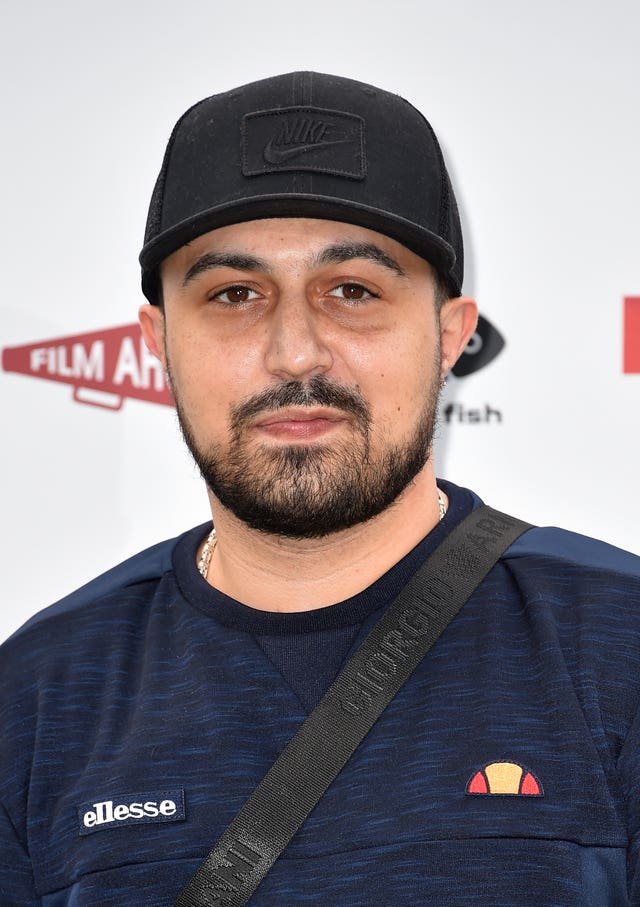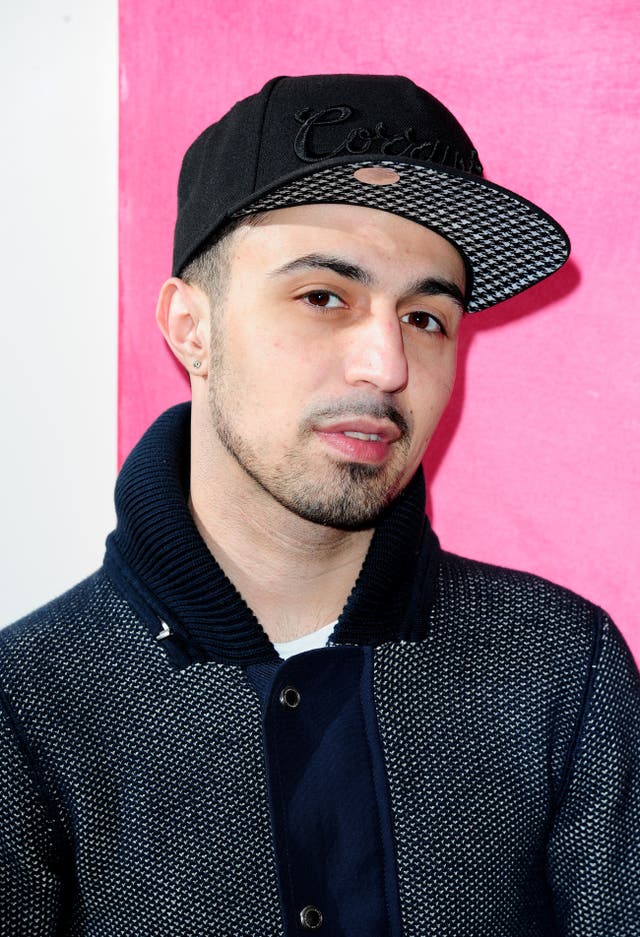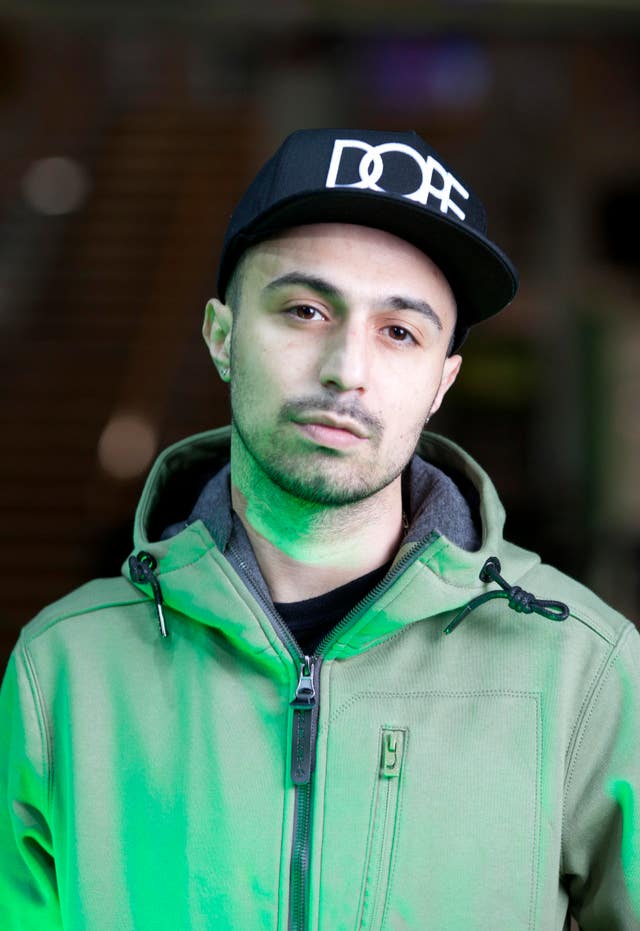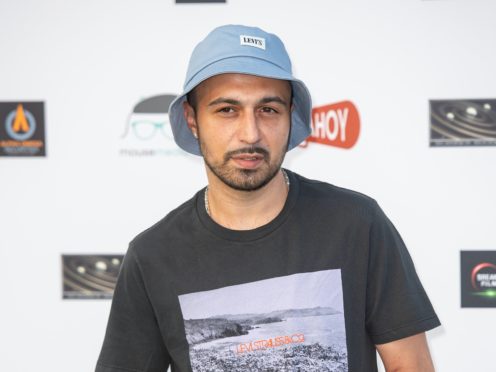Adam Deacon has said he had a breakdown during lockdown and had to be treated in hospital after suffering a panic attack.
The actor, who has bipolar disorder, wrote about the experience for Sky News, saying he called an ambulance after he collapsed on the floor and was unable to breathe, believing he might die.
Deacon said his breakdown “started with the death of my friend”, Sean Mitchell, who he said died with coronavirus.

He said he was also concerned about his elderly mother, who has underlying health issues.
Deacon said: “She was my biggest concern, and I watched the news every night and took everything that was being said very seriously.
“But at the same time it also seemed like none of it was real.
“I knew people were confined to their houses, but I didn’t see it affecting anyone I know. It was hard to comprehend.”
The Kidulthood star said he felt like he “went through every single emotion” during lockdown, adding: “I couldn’t see anyone and at times it was very lonely.”

Deacon added it was “extremely difficult not being able to grieve in a normal way” following his friend’s death and he was not able to go to the funeral.
He said he was also “deeply affected” by the death of George Floyd in the US and the Black Lives Matter movement, and his bipolar episode began while he engaged with it on social media.
“Before I knew it, I had gone days without any food or sleep,” he said.
“Looking back now, I can see my posts continued to get stranger and stranger.
“My family and friends were starting to really worry about me, but at that time I was so focused on what I was saying I couldn’t understand their concern.”
He said he began to realise his posts could “set me back a long way in my acting career”.

“I had worked so hard in the last six years to turn things around after my 2014 breakdown and I was terrified I might have ruined this hard work,” he said.
After realising his posts could affect his career he said he “collapsed to the floor in a panic attack, unable to breathe”.
“I called 999, believing in that moment that I could die,” he said.
Deacon said he will continue to speak about mental health and “hopefully inspire others to see that bipolar is not a death sentence”.
